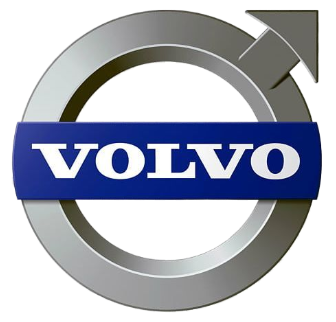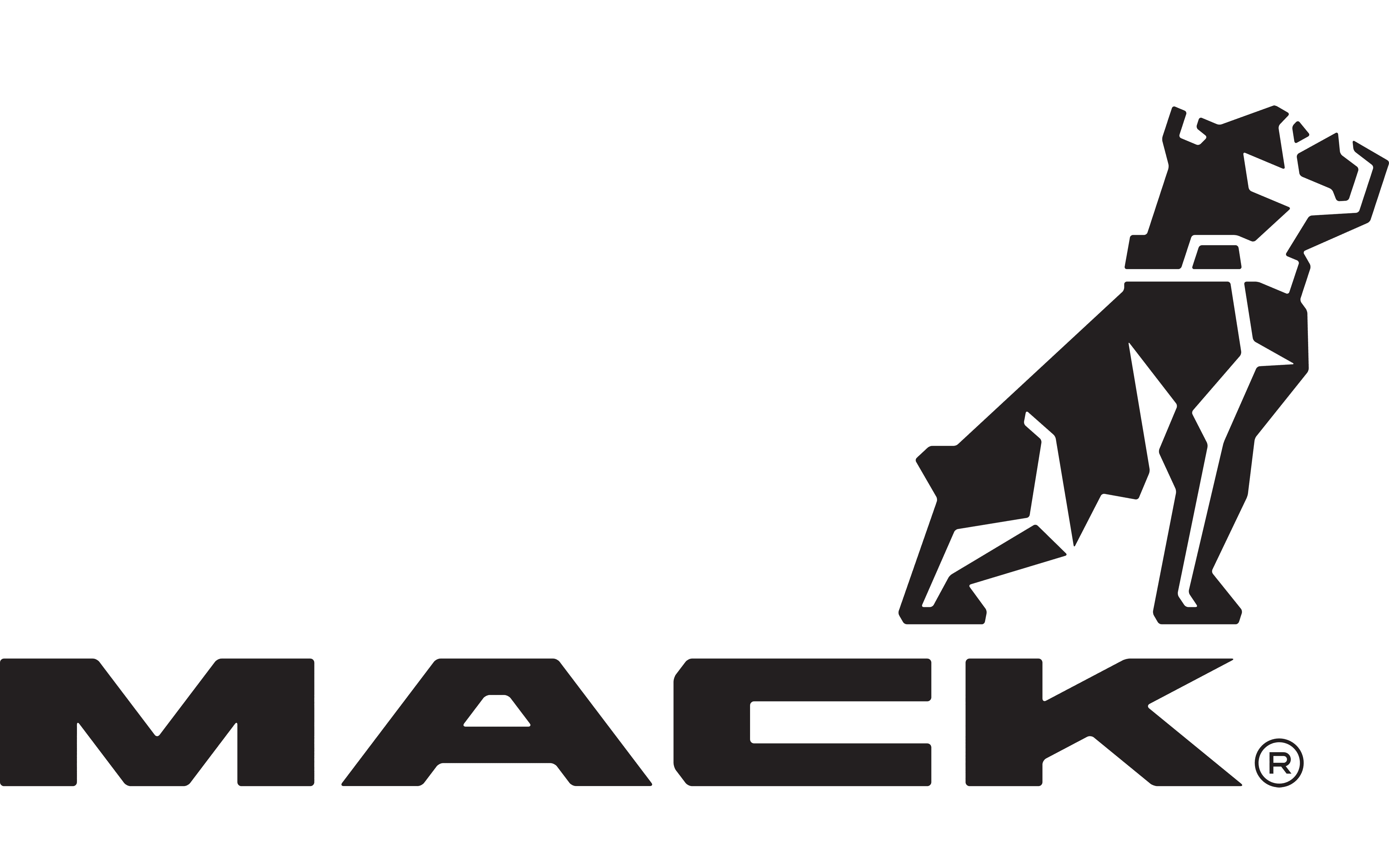Introduction
If you’re in the trucking world, you know there’s a lot that goes into keeping your rig running smoothly. But when it comes to the parts that manage emissions—like the DPF (Diesel Particulate Filter) and DOC (Diesel Oxidation Catalyst)—things can get a little confusing. What’s the difference between these two? And why do they need specific care to keep them working right? Today, we’re breaking down the basics of DPFs and DOCs so you know exactly why both are important and how regular maintenance makes all the difference.
What’s a DPF and What Does It Do?
The DPF is basically the part of your truck’s exhaust system that’s in charge of catching and burning off soot and other solid particles in diesel exhaust. DPFs filter out most of the harmful stuff before it hits the air, which keeps your emissions cleaner and your truck road-legal. When soot builds up inside the DPF, your truck’s engine will sometimes go into a “regen” mode to burn it off. But over time, these particles can still clog the filter, which is where cleaning and recoring come in to keep everything flowing smoothly.
What’s a DOC and What’s Its Role?
The DOC, on the other hand, is a catalyst that sits in the exhaust stream before the DPF. Its main job is to convert harmful pollutants like carbon monoxide and hydrocarbons into safer substances (think carbon dioxide and water vapor). It helps lower emissions and also works together with the DPF by generating heat to help burn off soot during regen cycles. The DOC isn’t designed to catch solid particles, but it can still get clogged with other residues over time, which is why it also needs periodic care.
DPF vs. DOC: Why Each Needs Unique Maintenance
- Different Types of Contaminants
DPFs trap solid particles (soot) from the exhaust, which accumulate inside the filter’s structure. When a DPF gets too full, it either needs a regen cycle or a deep cleaning. DOCs, on the other hand, deal more with gases and less with solids, but can still get blocked up by residues and ash from oil or other contaminants. Each type of buildup requires specific cleaning techniques to get the parts fully restored. - Cleaning vs. Recoring
Since DPFs physically trap soot, they tend to get clogged faster than DOCs, which means they may require more frequent cleaning and sometimes recoring. Recoring replaces the filter’s internal structure to remove blockages that cleaning can’t fix. DOCs don’t trap soot, so they rarely need recoring, but they do need thorough cleaning to keep chemical reactions efficient. - Performance Impacts
A clogged DPF has a huge effect on performance—more exhaust pressure, more fuel use, and a sluggish engine. The DOC’s performance also affects the DPF by reducing the heat necessary for soot burn-off, which can lead to more frequent regens. If either part isn’t functioning right, it can throw off the whole system, impacting power, efficiency, and emissions.
How Do You Know When Your DPF or DOC Needs Service?
Your truck will likely give you some signs if there’s an issue. Here’s a quick look at the indicators for each:
- For the DPF:
- Frequent regens
- Drop in engine power
- Warning lights on the dash
- Reduced fuel efficiency
- For the DOC:
- Unusual exhaust smells
- Delayed or incomplete regen cycles
- Harder starts or rough idling
If you notice any of these, it’s time to bring in your truck to get those filters looked at. Don’t ignore the signs—it’s a lot easier (and cheaper) to deal with minor issues early on than to wait until you’re dealing with a full breakdown.
What to Expect from a DPF and DOC Service at Recore Chicago
At Recore Chicago, we’re specialized in handling both DPF and DOC maintenance. Our process is built around what’s best for each filter, so here’s how it works:
- Initial Inspection: We start with a full assessment to see what each filter needs. Sometimes a deep clean is enough, but if your DPF is seriously clogged, we might suggest a recore.
- Specialized Cleaning: Our equipment is built specifically for DPF and DOC cleaning, so we can remove even the toughest soot and ash deposits without damaging the filters.
- Testing: After cleaning or recoring, we test each filter to make sure it’s back up to performance standards. This means checking flow rates and pressure to confirm everything’s working as it should.
- Fast Turnaround: We get that downtime is costly, so we work quickly to get your filters cleaned and back on the truck without delay.
Why Regular Maintenance for DPF and DOC Filters is Worth It
Skipping regular maintenance on these filters might save you some cash in the short term, but in the long run, it can lead to costly repairs and even forced replacements. When your DPF and DOC are clean and running well, your engine doesn’t have to work as hard to push exhaust through, which means better fuel efficiency and less wear and tear. Plus, it helps keep emissions in check, which is a must if you want to stay compliant and avoid fines.
With regular cleaning and the occasional recore, you’ll get way more life out of both filters and keep your truck on the road where it belongs.
Wrapping Up: Keep Your DPF and DOC in Shape
Both DPF and DOC filters play a critical role in your truck’s performance, fuel efficiency, and emissions compliance. Understanding the difference between these filters—and knowing when they need service—can save you time, money, and headaches down the line. If you’re noticing any of the common warning signs we covered, it’s a good idea to schedule a checkup.
At Recore Chicago, we’re here to make filter maintenance simple and effective. Give us a call, and we’ll help keep your truck running like it should, so you can stay on the road and focus on the miles ahead.










13 comments
Comments are closed.